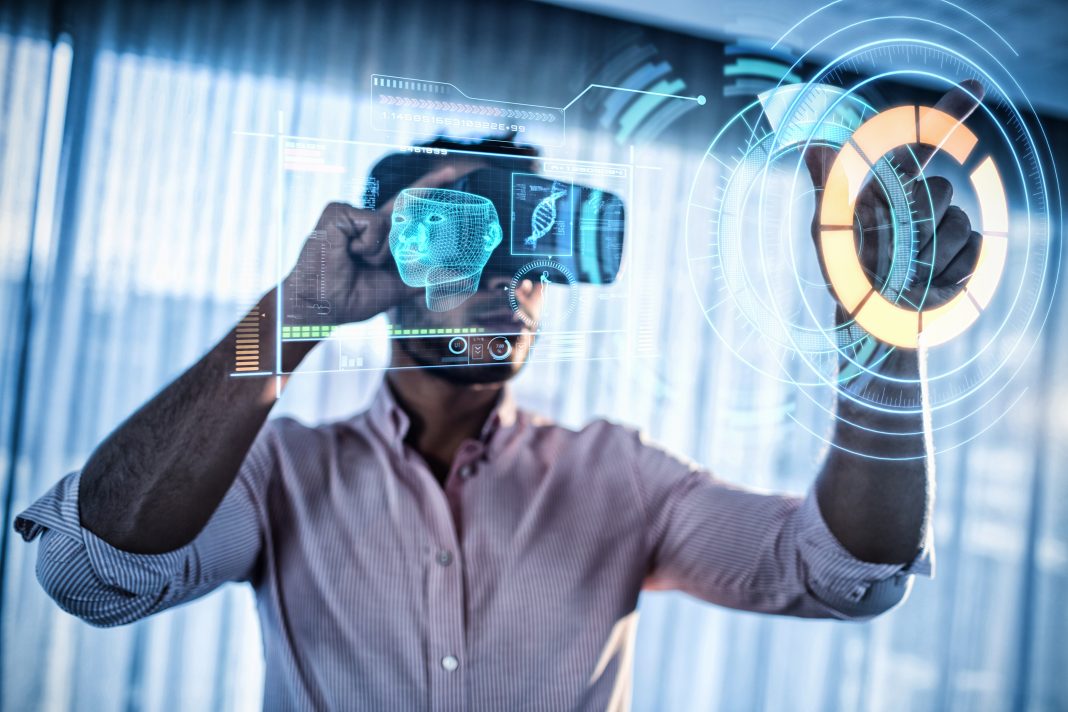The Metaverse will offer a decentralized and democratized platform that will revolutionize how educational content is created, taught and consumed. The workplaces of the future will be technology driven, and a metaverse education will enable students to acquire the necessary skills.
A highly beneficial feature of the metaverse is the low entry costs which is pushing many schools, colleges, e-learning platforms and other educational institutes to consider it as a viable platform.
Educational institutes can offer immersive education modules that will lead to better student learning outcomes. This will benefit students as learners and build a solid brand reputation for the institutes.
Look at the endless benefits:
• Students can create their own learning spaces
• They can navigate seamlessly from one learning space to another based on their requirement
• They can access a wide variety of learning options
• They can live and experience the lesson as opposed to reading about it
• Time travel is a reality. They can go back and recreate the past to understand the cultural and historical impact.
• They need not be physically enrolled in a college to avail of high-quality education
• Institutes can scale up and expand their enrolments by attracting talent from across the world
• Institutes can stay relevant in the new era and create skilled workforces to meet future work demands.
What to consider while setting up a VR Lab?
Virtual Reality is the building technology of the metaverse. It is proving to be a game changer in offering engaging educational experiences.
– Research published in the reputed bone and joint journal reported an 83% improvement in hip arthroscopy surgery by surgeons who took VR training. You can also read here about virtual classrooms.
Let’s take a look at some of the important things to keep in mind while designing a VR Lab.
The Team:
You need a team of experts in various areas to help build a VR Lab. Companies can hire in-house or decide to partner with specialised solution providers. The team members should be a mix of business, education and software experts. Students or users for product test trials are also an important part of the mix.
The Equipment
It’s important to have computers that can handle the high-end graphics of VR applications. Institutes also need to consider other equipment like VR headsets, 3D walls, input devices, MR tools, sound equipment, sensors etc. While finalising the equipment, focus on the objectives and the outcomes you wish to achieve. VR headsets are one of the most important considerations.
Space:
Space is the foremost consideration in setting up a VR Lab. Carpeting it will provide comfort and safety. It provides safety against any gadgets dropping on the floor. It’s also important to keep some buffer space from the user space, which is normally 5 square metres space per station.
Learning Objectives:
The learning spaces and VR Labs should be able to accommodate users as well as spectators. The number of people using a lab and the equipment needed for the required amount of time is an important essential to the whole experience. Experts suggest offering a safe and unobstructed place for the user. Desks, chairs and computers etc. are some resources that group learners might require to collaborate effectively.
Some Examples of Institutes who are deploying VR Labs
Meta Kalvi
Tamil Nadu’s initiates a Virtual Reality Learning Method (VRLM) thorough VR Lab for government schools. The labs will offer immersive education focussed on Maths and Science in English and Tamil.
John F Welch Technology Centre (JFWTC)
This Bengaluru based VR Lab has been developed to enable GE engineers to network and collaborate with peers across the globe while developing product prototypes.
Metaverse enabled VR Labs enable immersive and active learning, which leads to better academic outcomes.
Should Educational Institutes foray into the Educational Metaverse?
The Educational Metaverse is the future of education. The metaverse will ably support and complement the physical colleges and schools by offering a new dimension to their capabilities. Metaverse will offer a way out of the current gaps faced by the educational sector. Institutes can attract high quality talent from anywhere in the world. Their alumni can enrich the brand and reputation of their alma mater.
Education from preschool to K-12 to higher institutes need to march along with the times. They will have to adapt to the current requirements and create a future ready work force. Technology is an integral part of our lives and using it in education will impart a sound knowledge of it to students. The Metaverse will enable equity and inclusivity in education for all and empower institutes with sustainable growth solutions. The future work force will need to be equipped with the rights skills to meet the evolving job requirements. The world is gradually moving towards a technologically intense world where Artificial Intelligence, AR – VR, Robotics and Blockchain will dictate the norms.
Educational Institutes can invest or purchase land in metaverse and offer world-class education to students across the world.
Edverse is the first educational metaverse company offering metaverse solutions catering to the entire educational ecosystem. Students, creators, educators and promoters can connect with Edverse at www.edverse.com to learn more about the educational metaverse that can benefit them.










